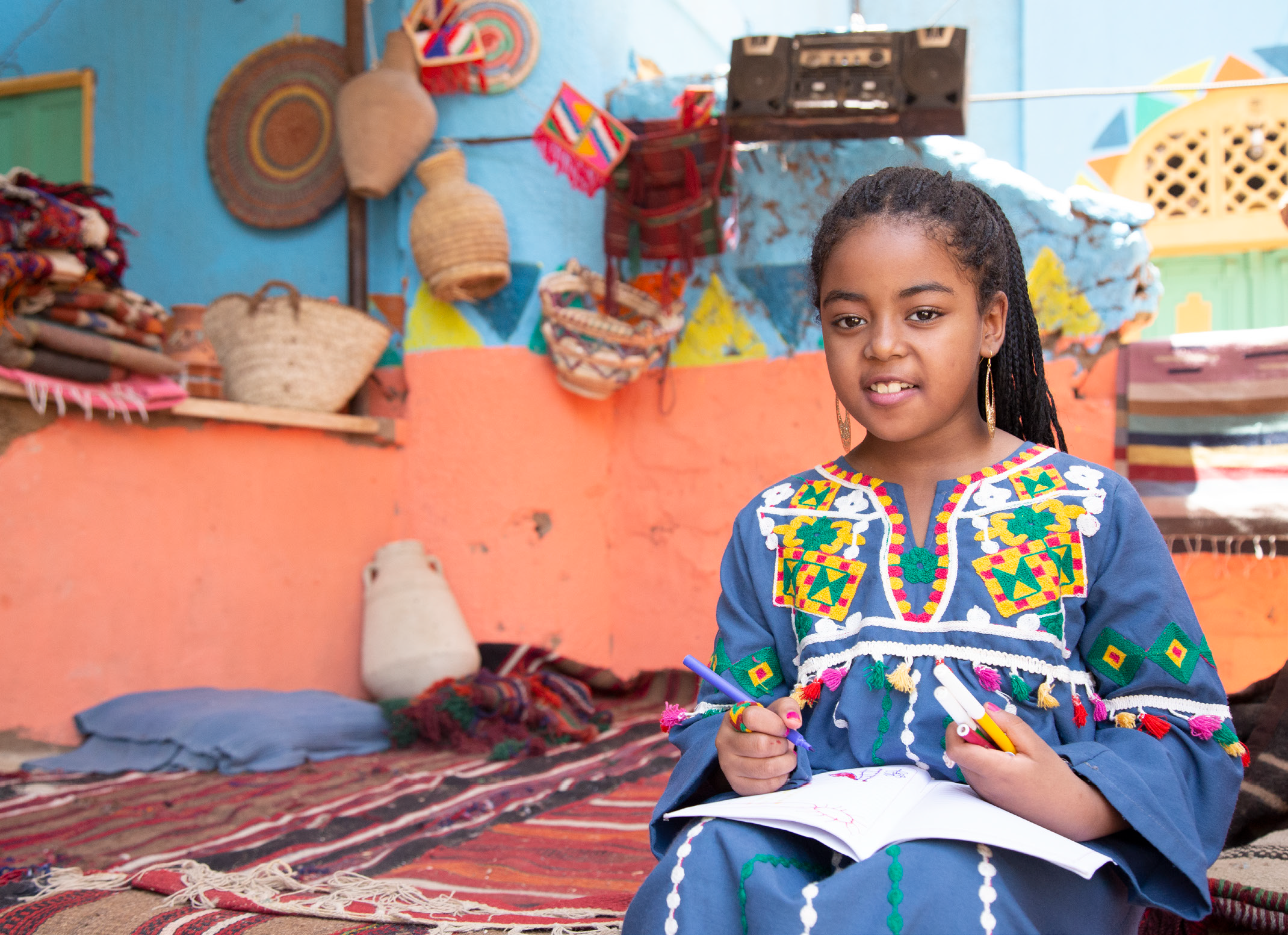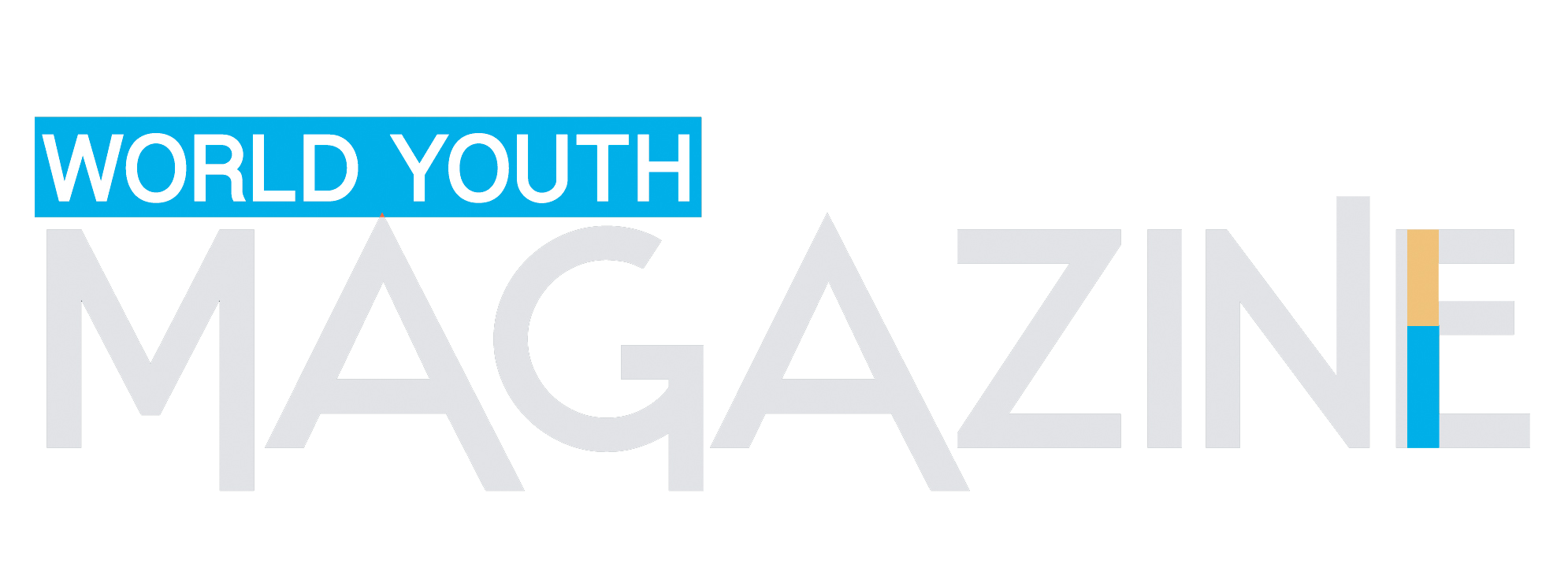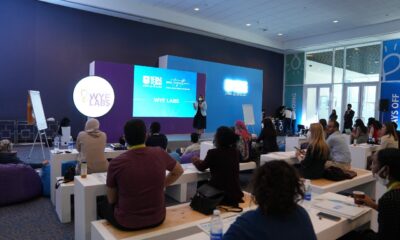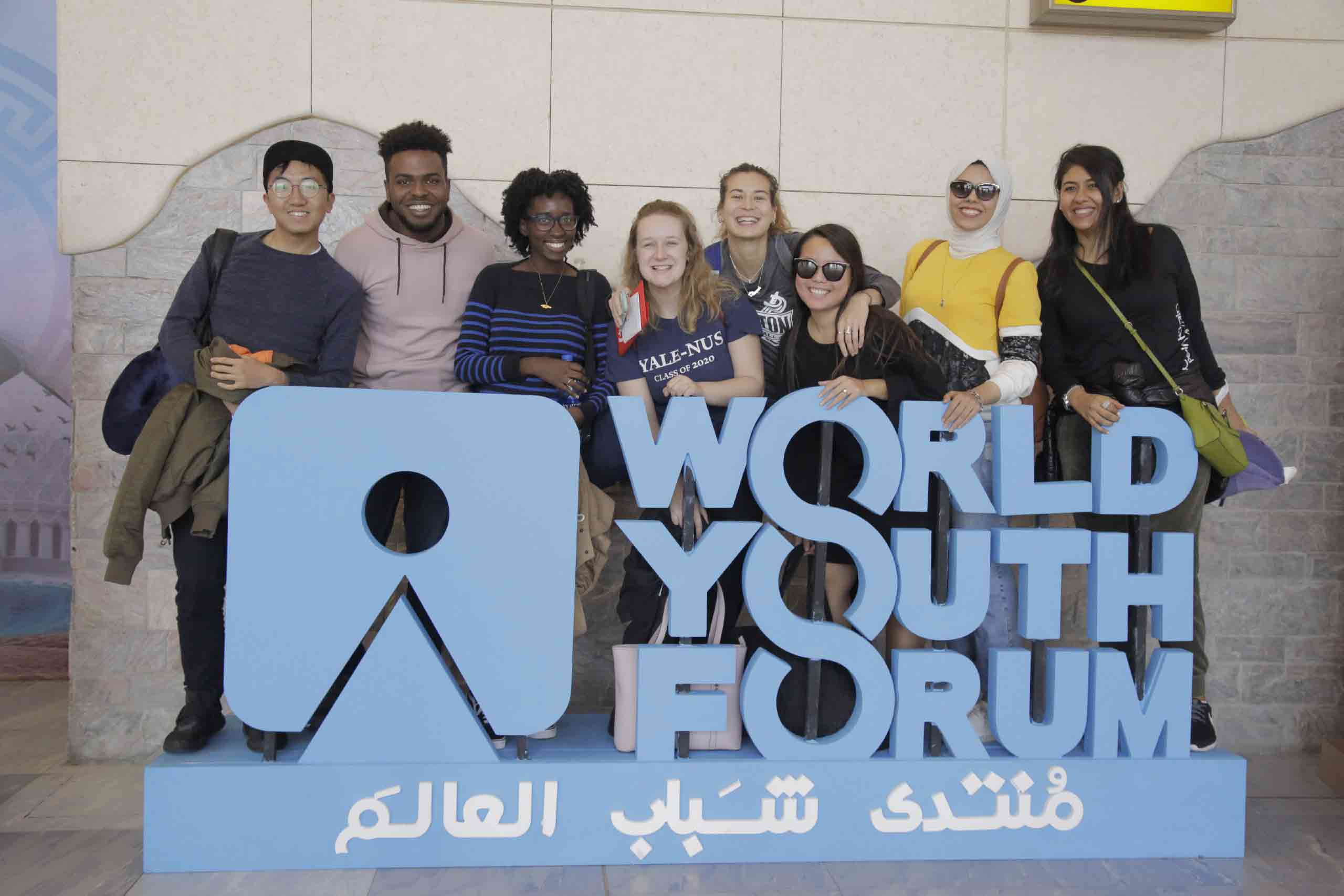Egypt
“Haya Karima”: Egypt’s Unprecedented Decent Life Initiative

By Esraa Ali
Egypt launched the “Haya Karima”, which means ‘Decent Life’, initiative in 2019 to raise the standard of living by upgrading basic services in rural communities. Two years later, the “Haya Karima” initiative was upgraded to the Haya Karima Foundation, owing to its outstanding achievements and successes.
Salvation in the Time of a Pandemic
The “Haya Karima” initiative was introduced by a group of young volunteers during the seventh National Youth Conference in 2019 – a platform that promotes communication between the state and youth. On October 22, 2019, the Haya Karima Foundation was officially founded, providing a classic example of volunteerism.
The Haya Karima Foundation’s vision aimed at providing socioeconomic services alongside healthcare services in order to invest in and ameliorate the status of Egyptians through the promotion of partnership between the public and private sectors and the civil society (3Ps). In this respect, more than 20 ministries and authorities and 23 NGOs are currently collaborating with the young volunteers in order to help achieve the optimal outcomes of such a mega project.
The “Haya Karima” project targets the poorest, least advantaged villages, over three phases, based on the Central Agency for Public Mobilization and Statistics (CAPMAS) data and Egypt’s Poverty Map. “Haya Karima”, in collaboration with relevant ministries and competent authorities, targeted the villages where poverty rates had reached 70% or more in the project’s first phase. In the second phase of the project, the rural communities where poverty rates range between 50% and 70% are targeted. The project is to target the villages with poverty rates of less than 50% and with fewer challenges in the third phase.
The “Haya Karima” initiative adopts a holistic approach by focusing on and incorporating all aspects of a decent life in its socioeconomic interventions. Its interventions include: (i) the upgrading of infrastructure through the provision of decent houses and the renovation of dilapidated houses, the construction of roofs and residential complex/compounds, and providing water supply, sewage treatment, gas, and electricity; (ii) the establishment of microenterprises, the implementation of skill formation workshops (vocational and handicrafts), and generating jobs for youth, as well as enhancing the role of cooperatives.
Besides the economic pillar, “Haya Karima” provides a decent life through the provision of numerous healthcare services, such as building hospitals and healthcare centers, providing medical equipment, and procuring qualified medical staff, as well as organizing medical convoys that provide, for instance, hearing aid devices, medical glasses, and wheelchairs or crutches for people with special needs.
Additionally, “Haya Karima” provides interventions that focus on ensuring children’s access to education by building new schools, upgrading old schools and nurseries in rural areas, and procuring a cadre of educational staff and professional teachers. Furthermore, it opens literacy classes for building human capital. It also focuses on rural households, children, women, people with special needs, and elderlies by implementing awareness-raising campaigns and designing tailor-made assistance programs for each target group.
Human Rights-Oriented
The evaluation of the first phase of the project has proved and demonstrated that international human rights instruments, principles, and covenants can be translated into actions and best practices if they are incorporated into a clear plan that takes into consideration the capabilities of states, the mainstreamed norms, and the characteristics of the target rural/local population.
As per the Ministry of Planning and Economic Development report, which was published in January 2021, the presidential initiative “Haya Karima” has ensured the right to education since the delivery of educational services has surprisingly improved by 12% during the project’s first phase, implying a full compliance to the international human rights instruments and conventions, notably the articles that stress on the right to education coupled with the implementation of social protection programs.
According to the evaluation report on the first phase of the project, the “Haya Karima” initiative has ensured the achievement of the eleventh principle of the Universal Declaration of Human Rights, given that the poverty rate has declined to 14% and the quality of life has improved by 18%. In addition to that, the evaluation report highlighted an improvement in sanitation by 46%.
This implies a full respect of one of the main principles of human rights that stresses on the right to clean water and sanitation. With regard to the right to a decent job, the first phase of the “Haya Karima” initiative has provided 710,000 jobs through the promotion of small enterprises, amounting to EGP 438 million.
According to the evaluation report, the standard of living of 1.8 million beneficiaries in 143 of the poorest, underprivileged rural communities in 11 governorates has been improved during the first phase of the “Haya Karima” project, thereby ensuring social justice. The cost of the interventions implemented over the past two fiscal years amounted to EGP 5.5 billion (EGP 3.3 billion and EGP 2.2 billion in 2019-2020 and 2021, respectively).
Further, a total of 116,000 rural households (more than 1 million beneficiaries) benefited from medical convoys conducted during the first phase of the project. Also, 13,000 surgeries were conducted and prostheses were provided for around 10,000 rural households. What is more, eye operations and ophthalmia tests were conducted and medical glasses were provided for 27,000 persons from around 19 rural households, according to the Ministry of Social Solidarity (MoSS).
In the Eye of the United Nations
The United Nations Office for Sustainable Development alluded that the “Haya Karima” initiative has alleviated the unwanted repercussions and impacts associated with the outbreak of COVID-19 and has raised the standard of living of the most vulnerable people in Egypt. It, further, stressed that “Haya Karima” helps achieve the UN Sustainable Development Goals (SDGs) and has created jobs by promoting small and medium-sized enterprises.
The UN Secretariat has registered “Haya Karima” in the Global Partnership for Achieving the Sustainable Development Goals, in light of the Ministry of Planning and Economic Development’s request.
Elena Panova, UN Resident Coordinator for Egypt, praised the “Haya Karima” initiative which was declared by President Abdel Fattah El-Sisi in order to improve rural areas in Egypt. She also demonstrated the UN’s readiness to provide technical assistance in order to implement such an ambitious project. She, further, referred to “Haya Karima” as the greatest project all over the world, given that it will improve the quality of life indicators in rural areas, including basic services, education, and the creation of jobs for women and youth.









